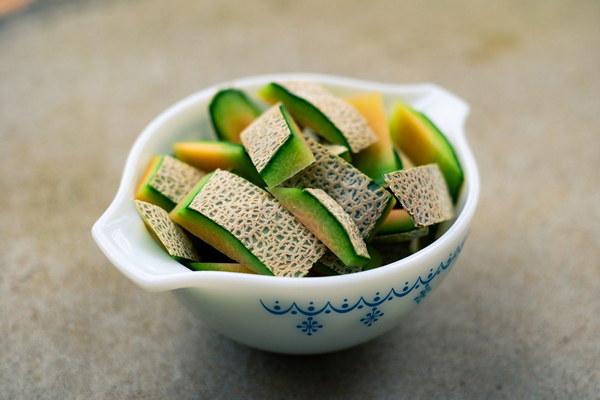Does Eating Black Rice Really Benefit Kidney Health in Women
Does Eating Black Rice Really Benefit Kidney Health in Women?
In recent years, black rice has gained popularity as a superfood due to its rich nutritional profile and potential health benefits. One of the most sought-after claims about black rice is its supposed ability to boost kidney health. But does this super grain really live up to the hype, especially for women? Let's delve into the evidence and explore the potential benefits of incorporating black rice into a woman's diet.
What is Black Rice?
Black rice, also known as forbidden rice, is a variety of rice that has a deep purple or black color when it's cooked. Unlike brown or white rice, which have been stripped of their bran and germ layers during processing, black rice retains more of its natural nutrients due to its whole grain nature.
Nutritional Profile of Black Rice

Black rice is packed with a variety of nutrients that are beneficial for overall health. It contains high levels of dietary fiber, which can help with digestion and weight management. It's also a good source of B vitamins, iron, magnesium, and antioxidants, including anthocyanins, which are responsible for the grain's dark color.
The Kidney Connection
The kidneys are vital organs responsible for filtering waste products from the blood and maintaining the body's fluid balance. They also play a crucial role in regulating blood pressure, producing red blood cells, and maintaining bone health. Given the kidneys' importance, it's no surprise that maintaining their health is a priority for many people, including women.
Black Rice and Kidney Health: The Evidence
While there is no direct evidence that black rice can cure kidney problems, some studies suggest that the grain's nutritional content may contribute to kidney health in several ways:
1. Antioxidants: The high concentration of antioxidants in black rice can help reduce oxidative stress in the kidneys. Chronic oxidative stress is thought to contribute to kidney damage and disease.
2. Dietary Fiber: The fiber in black rice can help reduce cholesterol levels, which may lower the risk of kidney disease. Additionally, fiber can help regulate blood sugar levels, which is important for preventing kidney damage in diabetic patients.
3. Magnesium: Magnesium is an essential mineral that plays a role in kidney function. Adequate magnesium intake is linked to a reduced risk of chronic kidney disease.
4. Antinflammatory Properties: The antioxidants and anti-inflammatory compounds in black rice may help reduce inflammation in the kidneys, which is a common cause of kidney damage.
Is Black Rice a Magic Bullet?
While black rice may offer some benefits for kidney health, it's important to note that it's not a magic bullet. A healthy diet that includes a variety of nutrient-rich foods is the best way to support kidney health. Women should also consider other lifestyle factors such as staying hydrated, exercising regularly, and managing chronic conditions like diabetes and high blood pressure.
Conclusion
Eating black rice as part of a balanced diet can contribute to overall health, including kidney health. Its high content of antioxidants, fiber, and other nutrients may offer some protection against kidney damage and disease. However, it's crucial to maintain a well-rounded approach to health and consult with a healthcare professional before making significant changes to your diet, especially if you have existing kidney issues or other health concerns.
Remember, the best way to ensure kidney health is through a combination of a healthy diet, regular physical activity, and medical guidance. While black rice can be a valuable addition to your diet, it's just one piece of the puzzle when it comes to maintaining kidney health.









